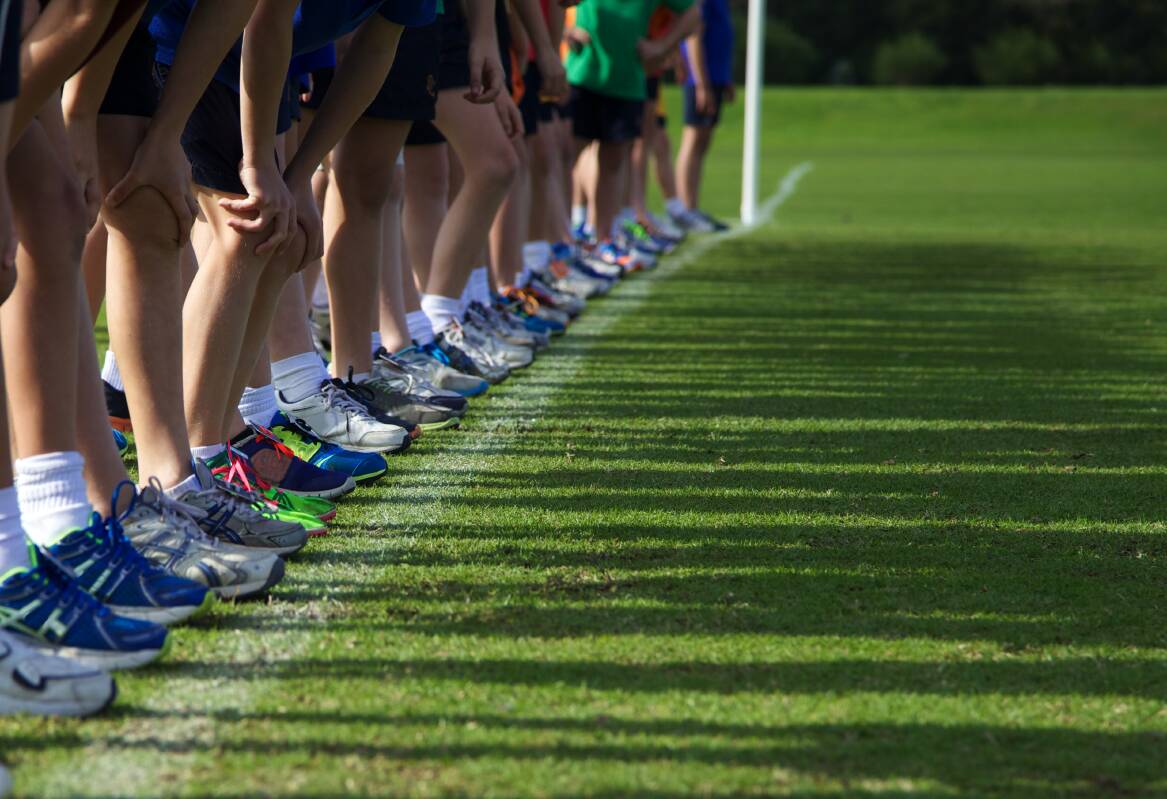
It's back to school for almost 100,000 kids across the Hunter. More than 5000 will be in kindergarten, each one bright-eyed, curious, adorable. Parents have high expectations. Their children are as capable as the next. They want their kids to experience success, be happy with their achievements, set themselves up for the rest of their life.
In a country as wealthy as ours, these are reasonable expectations. Our education system should be delivering on them, but it isn't.
Last week the Australian Productivity Commission published a review of the impact of federal spending on education. The commission found that despite increases in spending over the last decade large numbers of kids are getting a raw deal. In particular, the commission found that disadvantaged kids get the worst deals.
Outcomes for Aboriginal children are well below international standards. Kids living in remote areas similarly get miserly returns from local classrooms.
No one was surprised to read in the report that the most advantaged schools - wealthy private schools in rich metropolitan suburbs - deliver the best outcomes. Education should be a level playing field. Instead, the most disadvantaged kids are always running up hill, into the wind, each year of their school lives. It's immoral that we help the least those who are the worst off.
In the Hunter, while spared the blow-torch of the Productivity Commission, the evidence says outcomes are far from what they should be.
A dig into last year's HSC results across the Hunter is a bleak exercise. My statistics come from the Sydney Morning Herald's annual HSC analysis. The SMH calculates an index which measures the proportion of a school's HSC subject entries awarded a band 6 result, typically the top 15 per cent in a subject. Across NSW, the SMH calculated that the median index of band 6 outcomes in schools was 5.5 per cent.
I found 17 public high schools from the Hunter in the SMH listings. Only three of these schools achieved band 6 outcomes above this median. 14 were below par, and eight went backwards compared to 2021 outcomes.
What is the reason for the Hunter's poor performance? Surely our 100,000 school kids can stand shoulder to shoulder - ability wise - with the rest of the state? If not, where is the problem? Funding levels? Class sizes? School management? Bad parenting? Low expectations? Poor school attendance? Lack of motivation?
The need for improvement is obvious. Every kid is better off when they do well at school, every day the child's life is better, every year they extend their capabilities, they develop, they are enriched, their world view is positive, their self-worth grows.
And then they have better adult lives, they are happier, healthier, wealthier. The 2021 census tells us that Hunter residents aged in their twenties with a university degree or TAFE diploma are seven - yes, seven! - times more likely to be in full-time employment.
The benefits of post-school education and training are enormous. Yet access to further education requires that you succeed at school.
The kid who struggles to read, who sees failure as normal, who misses school regularly, who can't get out the gates quick enough, that kid is highly likely to leave school at the first opportunity, and never sign-on to TAFE or uni.
There's an important regional economy issue here too. Newcastle's transition to an advanced services city with good local jobs in 21st century industry sectors requires a high-end, educated local workforce.
Sub-standard high schools are incompatible with the sort of economic future to which Newcastle should aspire.
Likewise, quality education outcomes are critical to the Hunter's long-term exit from coal. Replacement jobs will come only from employers willing to invest in sectors where a quality local workforce can be guaranteed. Be it agriculture, hospitality, forestry, land management, whatever, post-school training will underpin a successful transition from coal for the next generation of Hunter workers.
There will have been many wishes of success, good will, loving hugs, as our 100,000 school kids walked through their school gates.
Unfortunately there is much more to do to ensure there's a smile on every face, a prized certificate under every arm, and a bright future ahead for each kid when their school days are over.







